
Misophonia Giving Smarter Guide
Misophonia causes intense emotional and physical reactions to everyday sounds. SPARC’s Giving Smarter Guide outlines how philanthropy can accelerate research and diagnostics.

Science Ecosystem
SPARC partners with individual philanthropists, private foundations, and nonprofit organizations to develop tailored strategies and organizational recommendations that drive meaningful impact in biomedical research and science philanthropy. Our approach is customized to meet each partner’s unique needs, goals, and stage in their science philanthropy journey.
For those at the beginning of their journey, SPARC provides guidance in defining a clear vision and mission, establishing effective structures and governance, and setting strategic goals. For more established organizations, we collaborate closely to design forward-looking strategic plans, and operational implementation guides so that their efforts are aligned, actionable, and poised to maximize impact in the biomedical ecosystem.
Wherever a partner is on their path, SPARC delivers thoughtful, mission-driven support to help transform ambition into measurable outcomes in biomedical science.
The Robert Packard Center for ALS Research at Johns Hopkins engaged SPARC to create a strategic and operational implementation plan to guide the organization through the next five to 10 years.
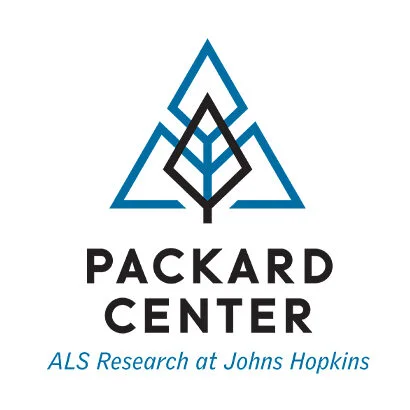
SPARC helped The Jackson Laboratory refine its strategic plan, resulting in an integration strategy that includes the organization’s scientific priorities.
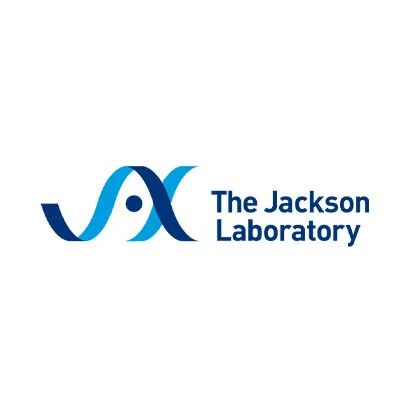
SPARC partnered with the Misophonia Research Fund to catalyze philanthropic investment and scientific progress in misophonia. The collaboration supported research, fostered consensus, and advanced advocacy to improve the lives of those affected.
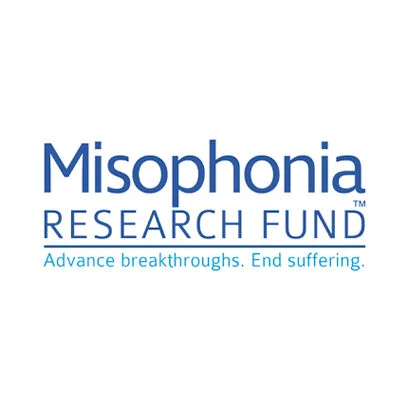
A longtime funder of a genetic form of dementia requested SPARC conduct a strategy analysis to evaluate and refine its mid- and long-term planning and scientific direction.

SPARC has a long-standing relationship and collaboration with the Rainwater Charitable Foundation to advance research in neurodegenerative diseases. This work includes providing strategic and operational evaluation and planning.
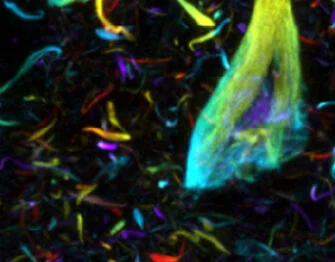
In partnership with The 10,000 Brains Project, SPARC developed the organization’s vision and long-term strategy, which focuses on using technology, such as AI, to advance personalized treatments for neurodegenerative disorders.

The Global Brain Care Coalition engaged SPARC to provide strategic and operational guidance to help advance the coalition’s ambitious vision of preventing dementia, stroke, and late-life depression.
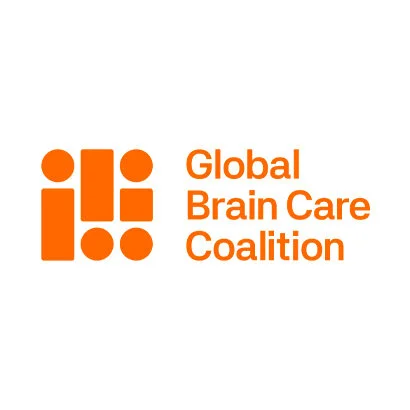
SPARC and Milken Institute Finance collaborated with the American Cancer Society (ACS) and its impact investing arm, BrightEdge, to design strategic solutions that leverage the ACS’ broader, unique assets to deploy targeted investments to overcome market failures in cancer prevention, early detection, and diagnosis.


Misophonia causes intense emotional and physical reactions to everyday sounds. SPARC’s Giving Smarter Guide outlines how philanthropy can accelerate research and diagnostics.

This report examines a decade of global funding for tau-related neurodegenerative disease research, offering insight into progress, gaps, and opportunities for future discovery.

The COVID-19 pandemic disrupted every part of biomedical research. This article explores how philanthropy can help rebuild the research ecosystem by funding recovery efforts, supporting vulnerable scientists, and strengthening institutions.